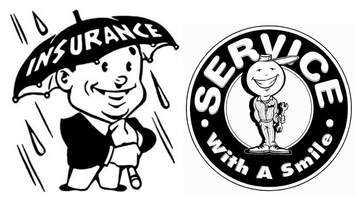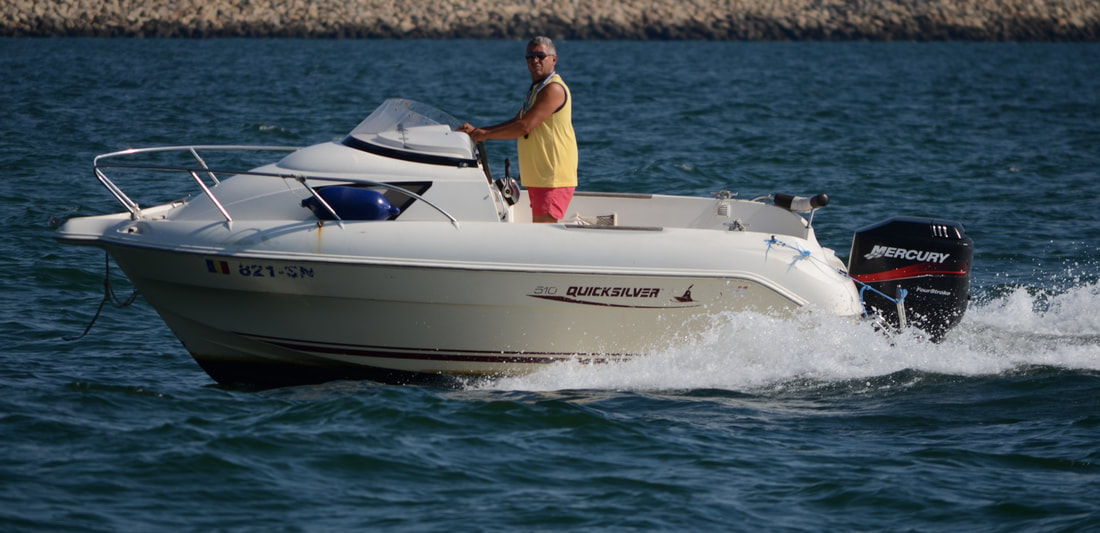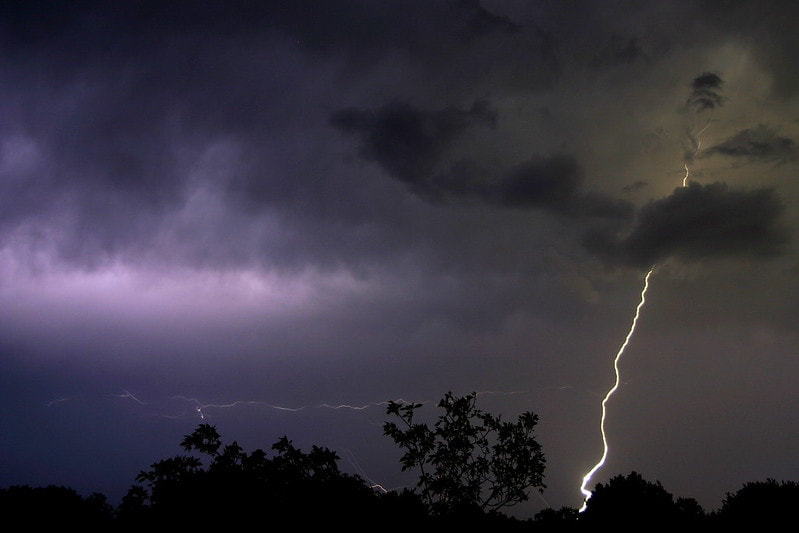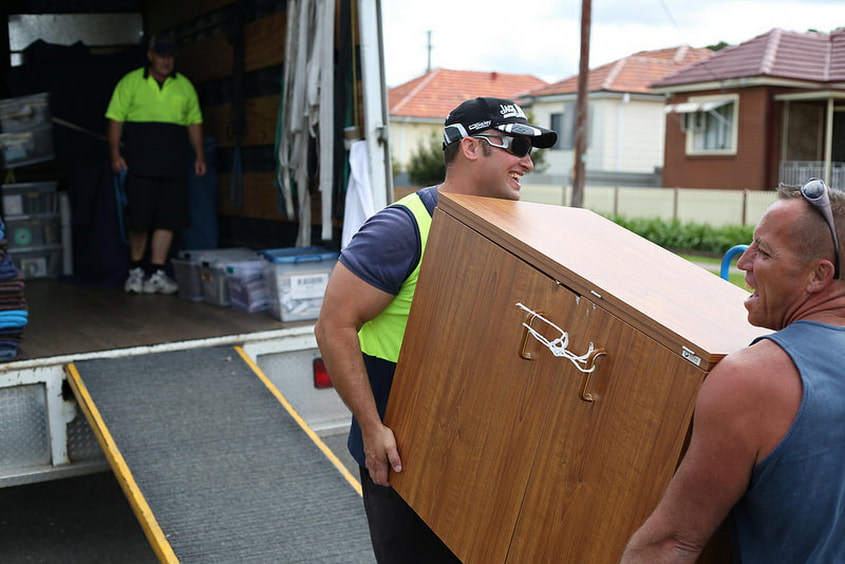A motor vehicle—car, SUV, truck, bus, or motorcycle—is stolen in the United States approximately every 45 seconds. In addition, parts of cars, like airbags and catalytic converters (which are stolen for their recycling value) are stolen out of the cars themselves. Cars and car parts stolen in the United States often wind up on overseas markets, making recovery impossible.
And, though armed auto theft represents a small percentage of the incidents, carjacking is a violent crime that can add a dire emotional toll and even bodily harm to the financial loss.
Auto theft is covered under the comprehensive portion of a car insurance policy. However, as always, it's better to prevent a loss than to deal with the fallout of having your vehicle stolen.
Prevent motor vehicle theft
There are a number of things that make your vehicle attractive to thieves—including make, model and the value of certain parts. Know that it's not always the most valuable, the flashiest or the most expensive car makes and models that are most desirable. So, whatever your car, don't make it convenient for would-be criminals. Take these precautionary measures—and check with your insurer; some may even help lower your premium.
- Keep your doors locked and windows shut anytime you're not in your car, even for a few minutes.
- Make valuables invisible. Don't give thieves more motivation to break into your car. If you have to leave personal property in your car, keep it in the trunk. Even in areas you think are safe, don't leave a purse or other valuables on the car seat unattended.
- Park in secure, highly trafficked, and well-lit areas. In public parking garages or areas, stay as close as possible to guard booths or store entrances. Best case, keep your car in a garage and always lock the door to your home garage.
- Make use of anti-theft devices. Use a security device like a steering wheel lock or a gearshift column lock—the more difficult it is to take the car, the less likely a would-be thief will target your vehicle. Most new cars include tracking devices, which can help locate a stolen car, but these are available for purchase and installation into older cars, as well. Check with your insurance pro about how your anti-theft device might qualify you for a discount.
- Exploit your vehicle identification (VIN) number. The VIN number is utilized by a number of law enforcement agencies and databases and insurance databases to make it harder for car thieves to sell a stolen car or its parts.
- The VIN is usually found on the dashboard on the driver’s side of the car. Mark your VIN prominently: Use paint or an indelible marker to put the VIN under the engine hood and trunk lid and on the battery. This will make it harder for thieves to unload the car and make it easier for the police to identify the vehicle if recovered.











 RSS Feed
RSS Feed